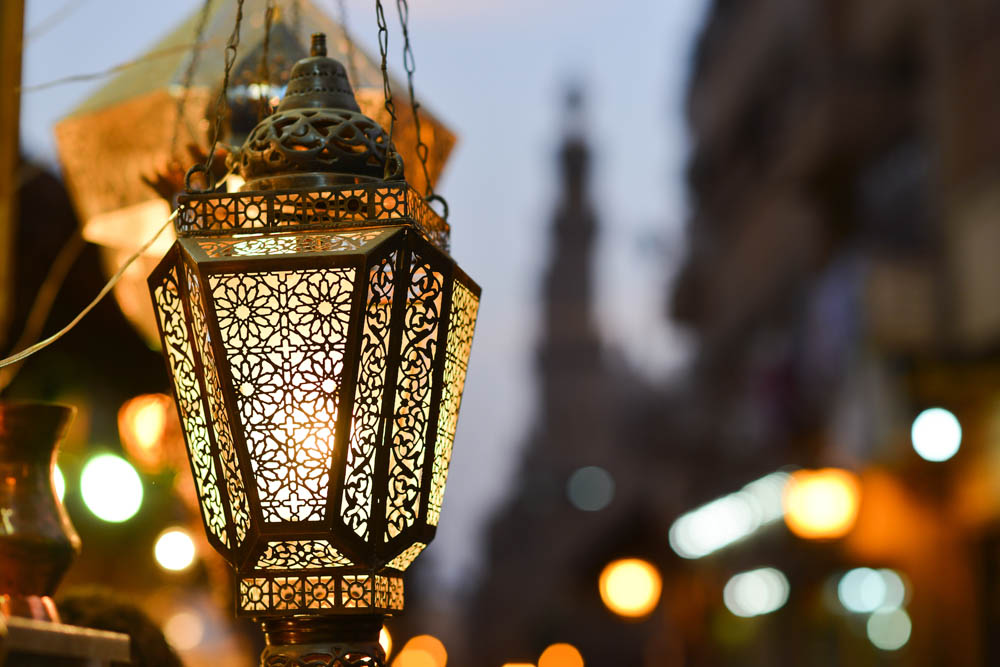
In light of the outbreak of COVID-19 pandemic, the approaching holy month of Ramadan will face some inevitable changes... Since the spread of the novel coronavirus, the world has halted and is now focused on containing it as much as possible with measures such as socially distancing And so, it is expected that Ramadan and Eid this year will be a bit different to minimize the risk of COVID-19 infections. If you're observing Ramadan and Eid celebrations this, here are some things to take note of..
Prayers Will Be Carried Out At Home
As part of the lockdown, a lot of mosques all over the world have closed their doors and worshippers have been advised to pray in their homes safely. For the course of Ramadan, Muslims often gather after the last evening prayer and conduct “Taraweeh” which is a form of Islamic meditation, but with the closure of mosques, its unfortunate that those fasting and carrying out their prayers will have to do so in isolation.
Umrah & Hajj Cancellations
With the spread of COVID-19, the status of whether those planning to embark on their annual pilgrimage for Umrah and Hajj, remains uncertain. Think With Google reported that online searches for Umrah see a 200% increase towards the last two weeks of Ramadan – but those planning to carry out their pilgrimage may have to take a raincheck if the world doesn’t see an end to the virus by then.
An Increase In Charitable Donations
With thanks to digital technology, helping the needy or donating to charitable causes doesn’t require any human contact. This Ramadan, people can practice the holy principle of “giving back” by skipping face-to-face and donate to causes dear to their heart via websites and apps.
No Gatherings For Iftar Or Suhoor
Social distancing is playing a major role in deterring the spread of the rampant virus and people and this especially means avoiding contact with the elderly and people who suffer from chronic diseases. Gatherings (whether large or small) are strongly advised against and so people may have to break bread in self-isolation after their evening prayer to keep yourself and others safe. Family gatherings and iftars will be minimized to people who are quarantined together (i.e. small families and couples).
No Eid Travels
With many people looking to the Eid break for an escape or getaway every year, they may also have to break the tradition of doing so this year as countries have closed their entry points to tourists and non-residents. Until the world sees and end to the coronavirus – we don’t think it’s wise to book tickets abroad.

















